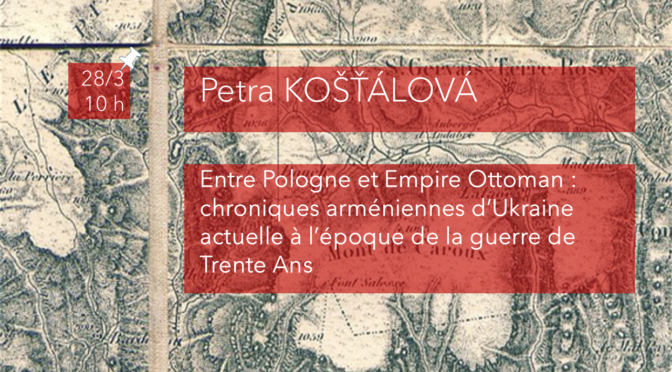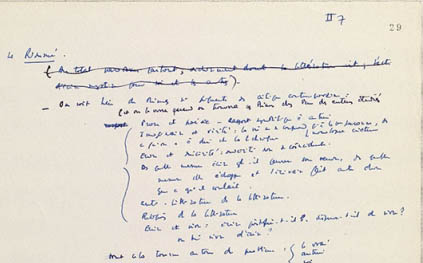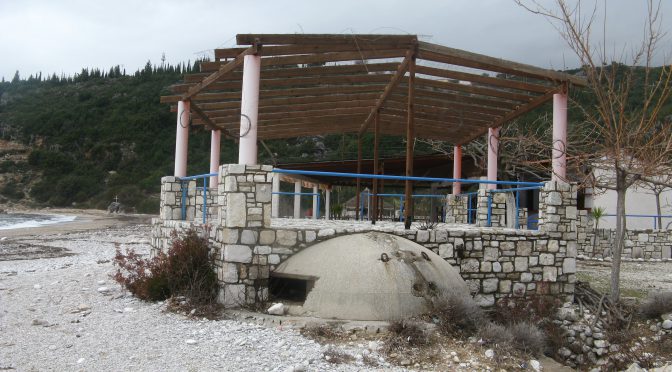
Between Poland and the Ottoman Empire: Armenian Chronicles from Ukraine during the Thirty Years’ War
Fifth session of the 2024-2025 CEFRES Francophone
Interdisciplinary Seminar The Map and the Border
Already in 2023, we started questionning the very act of bordering and representing (a territory, a period, a trajectory). In short, thanks to the interdisciplinarity of our respective disciplines, we began inquiring into the question of the map and the border.
Location: CEFRES, Na Florenci 3, Prague 1
Date: March 28, 2025, from 10am to 12pm
Language: French
Speaker: Petra Košťálová (Institute of Ethnology , Czech Academy of Sciences)
Discussant: Radu Paun (CERCEC/CNRS) & Laurent Tatarenko (CCFEF, Warsaw)
Abstract Continue reading Armenian Chronicles from Ukraine →

The seventh session of IMS / CEFRES epistemological seminar of this year will be hosted by
Raluca Muresan (U. Paris-Sorbonne / associated at CEFRES)
Benedetta Zaccarello (CNRS / CEFRES)
Archives
Where: CEFRES Library – Na Florenci 3, Prague 1
When: Wednesday 3 April 2019 from 4:30 pm to 6 pm
Language: English
Texts
- Jacques Derrida and Eric Prenowitz: “Archive Fever: A Freudian Impression”, Diacritics, 25-2 (1995), p. 9-11.
- Mbembe, A.: “The Power of the Archive and its Limits”, in: Refiguring the Archive, C. HAmilton, V. Harris, G. Reid (eds), 2002, p. 19-26. https://books.google.co.in/books?id=FZ8oBgAAQBAJ&lpg=PP1&hl=cs&pg=PP1#v=onepage&q&f=false
- Filippo de Vivo, Maria Pia Donato, « Scholarly Practices in the archives, 1500-1800 : Introduction », Storia della Storiografia, 68, 2/2015, p. 15-20.

A session led by Monika Brenišínová
In various theoretical discussions on architecture, we may notice that there is not a singular way of approaching it. From the classical perspective of the history of art classical art historical perspective, it is possible to identify at least three basic methods of inquiry: archaeological building survey („Bauforschung“, A. von Gerkan, in Czech “SHP”, D. Líbal); style-critical and style-historical analyses (H. Wölfflin, H. Focillon, M. Dvořák); semantic analysis (G. Passavant, E. Hubala). When we consider art in general, things however get even more complicated. If we take into account the fact that even among historians of art a consensus about the definition of art as such does not exist, what will happen when we will look at art from the perspective of another scientific discipline? When we conceive art as an historical source, traditional art historical categories such as the aesthetic point of view, the author’s fantasy, the styles or commonplaces (loci communes) quickly lose their significance. Moreover, historical work with visual sources is largely interpretative and requires a significantly critical approach. Thus we suddenly find ourselves on the borders of humanities and social sciences. And it is exactly such space, outside the frontiers of clearly defined disciplines, where the space and time change their shapes and where other disciplines – such as anthropology – can be brought into play.
Readings:
- Clifford Geertz. ‘Art as Cultural System.’ MLN 91(6): 1473–1499, 1976.
- George Kubler. ‘History: Or Anthropology: Of Art?’ Critical Inquiry, 1(4): 757-767, 1975.
Session led by Monika Brenišínová.
Readings
- Clifford Geertz. ‘Art as Cultural System.’ MLN 91(6): 1473–1499, 1976.
- George Kubler. ‘History: Or Anthropology: Of Art?’ Critical Inquiry, 1(4): 757-767, 1975.
In various theoretical discussions on architecture, we may notice that there is not a singular way of approaching it. From the classical perspective of the history of art classical art historical perspective, it is possible to identify at least three basic methods of inquiry: archaeological building survey („Bauforschung“, A. von Gerkan, in Czech “SHP”, D. Líbal); style-critical and style-historical analyses (H. Wölfflin, H. Focillon, M. Dvořák); semantic analysis (G. Passavant, E. Hubala). When we consider art in general, things however get even more complicated. If we take into account the fact that even among historians of art a consensus about the definition of art as such does not exist, what will happen when we will look at art from the perspective of another scientific discipline? When we conceive art as an historical source, traditional art historical categories such as the aesthetic point of view, the author’s fantasy, the styles or commonplaces (loci communes) quickly lose their significance. Moreover, historical work with visual sources is largely interpretative and requires a significantly critical approach. Thus we suddenly find ourselves on the borders of humanities and social sciences. And it is exactly such space, outside the frontiers of clearly defined disciplines, where the space and time change their shapes and where other disciplines – such as anthropology – can be brought into play.

Third session of the 2018 common epistemological seminar of CEFRES and IMS FSV UK led by
Katerina Zheltova (IMS FSV UK)
Approaching the Borderlands: Cultural Intimacy as Theory and Practice
Where: CEFRES library – Na Florenci 3, 110 00 Prague 1
When: Thursday 22.03.2018 from 3:30 pm to 5 pm
Language: English
Text:
- Michael Herzfeld, “Introducing Cultural Intimacy”, in Cultural Intimacy: Social Poetics in the Nation-State, New York and London, Routledge, 2004, pp. 1-33.
As a partner of CEFRES Plateform, Charles University is recruiting two high-quality post-doctoral research fellows from abroad, to become researchers at CEFRES, within the frame of the Charles University’s International Post-Doc Research Fund. These post-doctoral positions are open for two years from 1st of January 2016. The salary is 28 000 CZK per month and a fixed-term contract will be signed between the each post-doctoral researcher and CEFRES.
More information here




